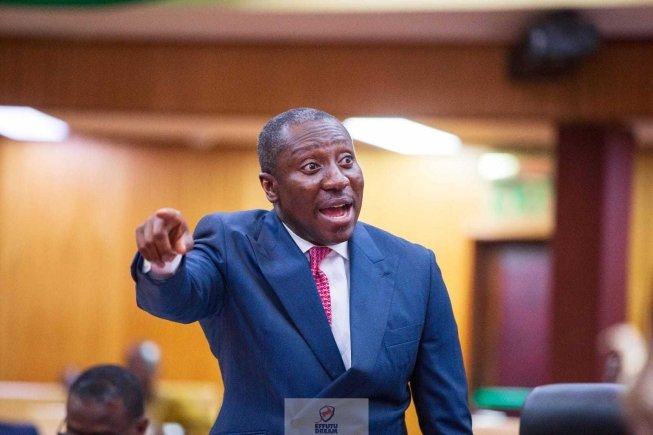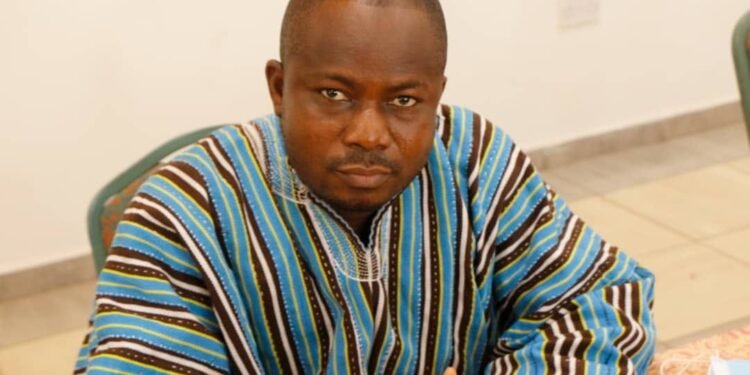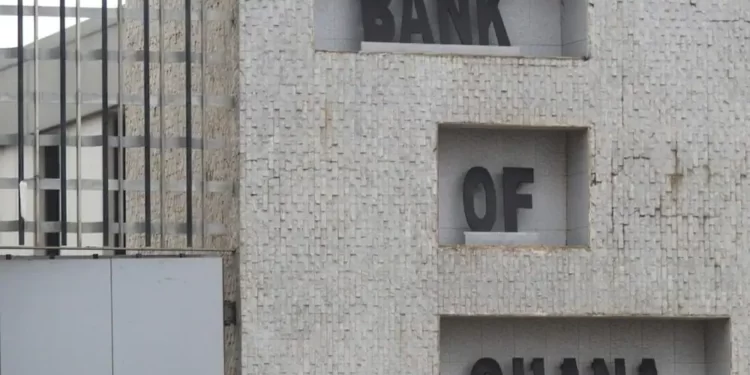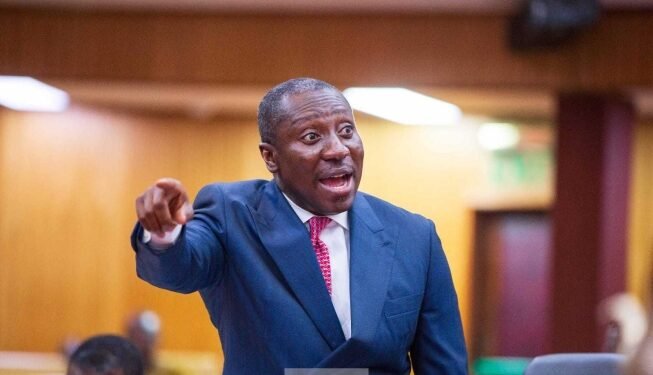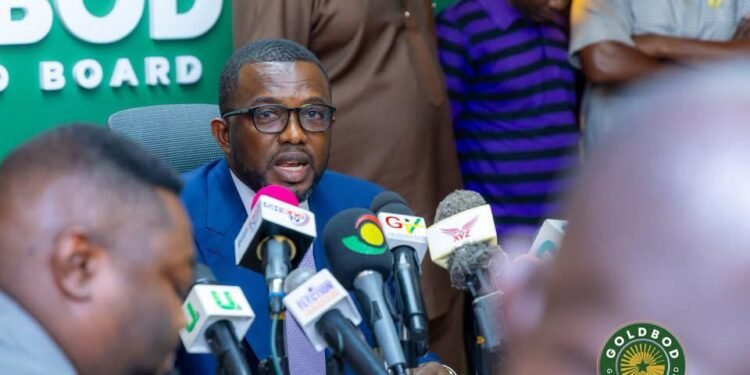The Minority Caucus in Parliament has called on the House to halt the approval process of Justice Paul Baffoe-Bonnie as Chief Justice, citing ongoing legal challenges that question the constitutionality of the removal of his predecessor, Justice Gertrude Araba Esaaba Sackey Torkornoo.
In a detailed 26-page statement signed by Minority Leader Hon. Alexander Afenyo-Markin, the Caucus urged Parliament to exercise restraint and constitutional prudence by suspending the vetting and approval process until the pending court cases are conclusively determined.
The statement outlined what the group described as “a constitutional duty to preserve judicial integrity and prevent institutional collision.”
According to the Minority, the nomination of Justice Baffoe-Bonnie arises at a time when seven separate judicial proceedings are pending before three different jurisdictions—the ECOWAS Court of Justice, the Supreme Court of Ghana, and the High Court of Ghana—each challenging the legality and constitutional validity of the removal of Her Ladyship Justice Gertrude Torkornoo.
The group argued that the key constitutional question confronting Parliament is whether it can “properly proceed to vet and approve a nominee for Chief Justice while the lawfulness of the very vacancy being filled remains under active judicial determination.”

The statement described the situation as one that touches the most delicate aspects of Ghana’s constitutional order and the fundamental rights of citizens to effective judicial redress. Hon. Afenyo-Markin emphasized that this was not a partisan issue but a matter of constitutional propriety and institutional respect.
“The Minority considers it a constitutional duty to make this position public and to invite the collective conscience of Parliament and the nation to reflect on the implications of proceeding under these circumstances”.
Minority Leader Hon. Alexander Afenyo-Markin
unprecedented circumstances
The statement traced the background to what it described as “unprecedented circumstances” in Ghana’s democratic history, stating that for the first time since the 1992 Constitution, a sitting Chief Justice was removed under Article 146 on September 1, 2025, following recommendations by a committee chaired by Justice Gabriel Pwamang.
That decision, the Minority pointed out, has triggered a chain of constitutional and human rights cases challenging the removal’s legality, procedural regularity, and effect.
The Minority cited seven ongoing cases—three before the Supreme Court, three before the High Court, and one before the ECOWAS Court of Justice—filed by or on behalf of Justice Torkornoo and other concerned parties.
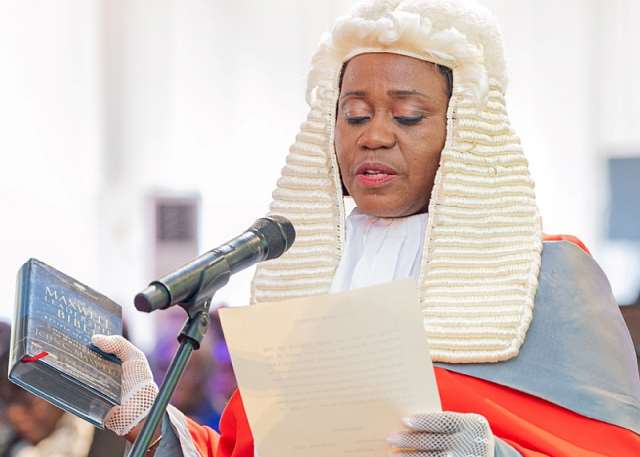
Notably, the ECOWAS Court suit, Justice Gertrude Torkornoo v. Republic of Ghana (Suit No. ECW/CCJ/APP/32/25), seeks enforcement of fundamental human rights, including fair hearing and due process.
At the Supreme Court, three separate constitutional actions—filed by MP Vincent Ekow Assafuah, the Centre for Citizenship Constitutional and Electoral Systems, and Justice Torkornoo herself—remain unresolved. Similarly, at the High Court, three judicial review applications filed by the former Chief Justice are pending.
“This is not oversight. It is an unmistakable pattern of delay designed to postpone judicial determination long enough for a new Chief Justice to be confirmed, rendering the pending cases academic”.
Minority Leader Hon. Alexander Afenyo-Markin
According to the Minority, the failure of the Attorney-General to respond to the suits, coupled with the Acting Chief Justice’s role in refusing interim injunctions on some of the cases, creates “a perception of bias and bad faith.”
Unresolved Questions
It further contended that to proceed with vetting while these threshold questions remain unresolved would be to construct a constitutional edifice upon shifting sand rather than solid ground.

The statement warned that the cumulative constitutional effect of Parliament’s actions could be dire. “Confirming the nominee while those cases are yet to be determined would place Parliament in direct conflict with the Judiciary and violate the separation of powers,” it read.
“If Parliament proceeds to approve the nominee, Ghana risks a constitutional collision—two competing claimants to the office of Chief Justice. That would undermine judicial authority and public trust.”
Minority Leader Hon. Alexander Afenyo-Markin
The Minority also referenced parliamentary precedents to support its position. It recalled that three Speakers of Parliament—Rt. Hon. Peter Ala Adjetey, Rt. Hon. Edward Doe Adjaho, and Hon. Bernard Ahiafor—had, in similar situations, ruled that when matters before Parliament directly relate to cases pending before the courts, the House must pause deliberations to avoid prejudice and institutional conflict.
“Disregarding these rulings abandons stare decisis and erodes institutional credibility,” the statement stressed, urging Parliament to uphold its own traditions of restraint.
The Minority accused the Executive of “bad faith” in the management of the process, asserting that the Attorney-General’s “deliberate neglect of the courts” and the nominee’s “conflict of interest” compromise the integrity of the appointment.
“The Attorney-General’s deliberate neglect of the courts and the nominee’s conflict of interest together expose bad faith in the process. Parliament must not endorse that conduct”.
Minority Leader Hon. Alexander Afenyo-Markin
The group’s position comes after a dramatic boycott of the Appointments Committee’s vetting of Justice Baffoe-Bonnie on Monday, November 10, 2025, following heated exchanges between the Minority and Majority Leaders. The boycott underscored the opposition’s determination to resist what they describe as “a rushed and constitutionally questionable process.”
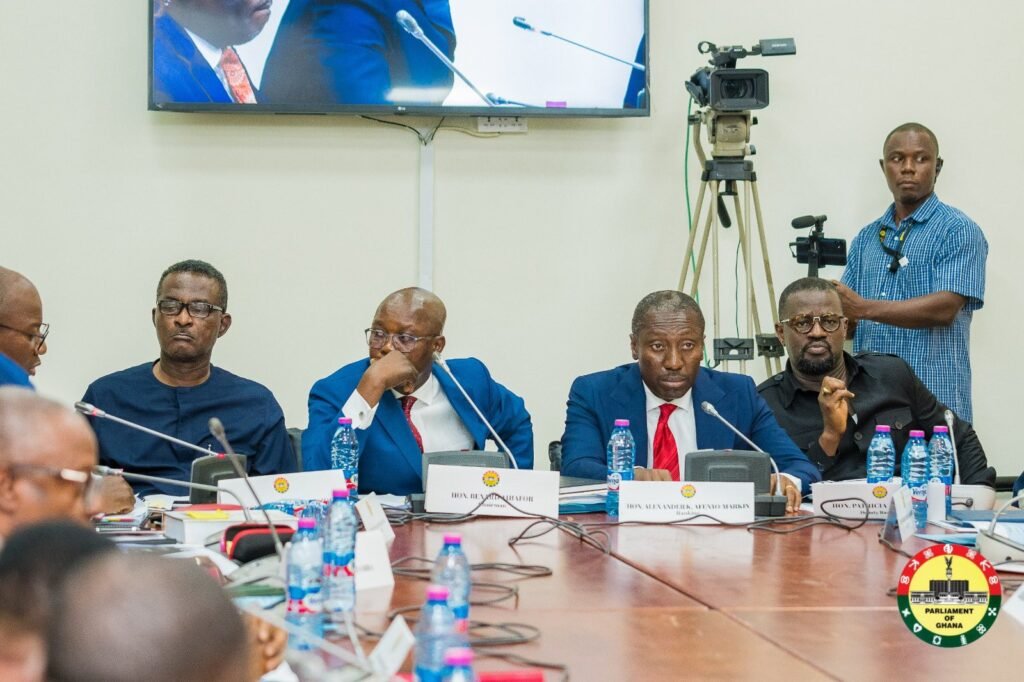
Hon. Afenyo-Markin’s statement concluded with an appeal to Parliament to act with caution and foresight. “History will ask what Parliament did when judicial independence was at stake. Let it be recorded that the Minority Caucus chose principle over convenience, law over politics, and restraint over haste,” he wrote.
He added that “the courts are still seized with the matter; justice has not yet spoken. The prudent path — the constitutional path — is to wait.” The Minority’s stance raises complex constitutional and ethical questions for Parliament and the Executive.
Some analysts suggest that proceeding with the approval process despite pending cases could expose the government to both domestic and international scrutiny, especially before the ECOWAS Court of Justice, where Ghana has obligations under the regional protocol on human rights and governance.
As Parliament prepares to resume debate on the Appointments Committee’s report, the standoff is expected to test the limits of Ghana’s constitutional checks and balances.
Whether the Majority proceeds with the approval or heeds the Minority’s call for restraint will likely determine how the episode is remembered — as an assertion of constitutional discipline or as a test of political expediency.
READ ALSO: Energy Minister Details Sweeping Reforms to Fix ECG Inefficiencies and Revenue Losses

